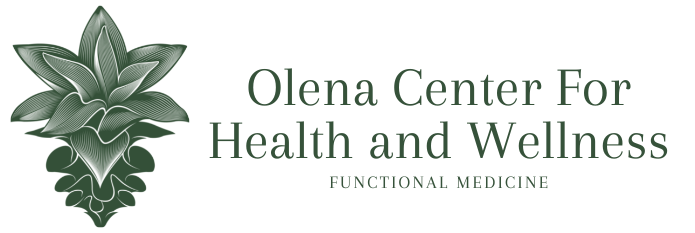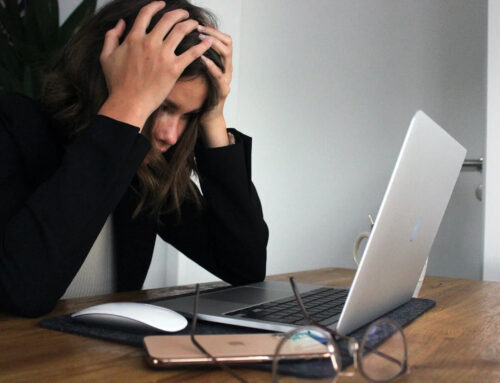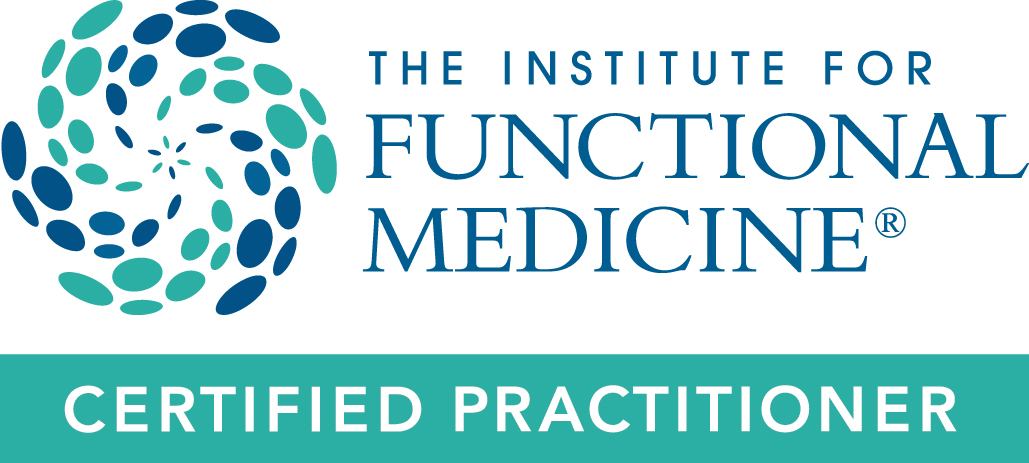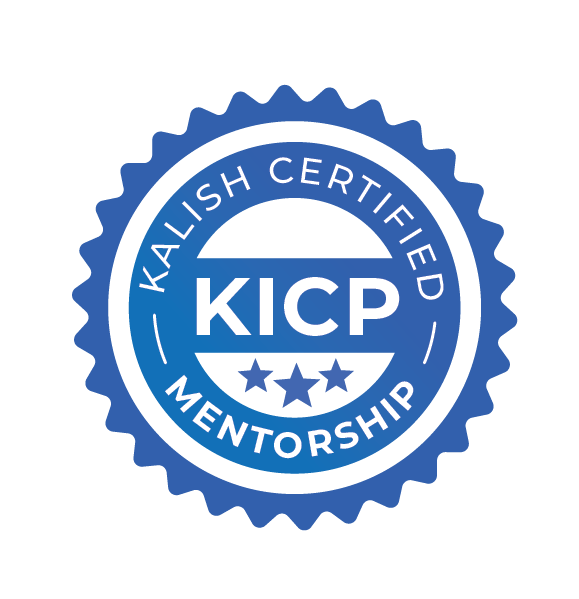How to (Finally) Get a Good Night’s Sleep
Are you so tired that you can’t sleep? Sleep is pretty basic, and it should not be this hard. Most people only give it a second thought once they start having difficulty sleeping. And even so, almost everyone experiences some level of sleeplessness at some time in their lives.

According to the American Psychological Society (APA) Stress in America survey, 42% of adults report poor sleep quality. 1 In fact, 43 percent of adults reported that stress is what caused them to lie awake at night in the past month. Getting enough sleep should be a priority for us all, and below we will discuss key contributors to sleep disturbance and tips for achieving better sleep.
Sleep is a crucial human function that we literally cannot live without. It allows every system of your body to rest and repair. Chronic sleep deprivation contributes to serious health consequences, from poor concentration and loss of memory to a weakened immune system.
Key Contributors to Poor Sleep
Difficulty falling and staying asleep is a major health concern, especially if you’re not getting the recommended seven to nine hours of sleep per night. 2 So, why has sleep become such a difficult task when it once wasn’t an issue for most of us?
Let’s think about all the responsibilities that we have as adults that we may not have had to think about as kids. Sure, school was a major responsibility and stressful. We experienced high academic pressure to get good grades and create the best opportunity for a successful career. But at that time, we only had me, myself, and I to take care of.
Now, suppose you have a spouse and children. In that case, you may be experiencing the financial stress of supporting a family and a demanding job with heavy responsibilities that trickle into your personal life. What’s more, you think about spending time with your spouse, making sure the kids have their homework done, and giving everyone the appropriate amount of time they require for everyone to be happy. What about you? Yes, what about you!
We’ve all heard of self-care, scheduling downtime, and participating in activities that bring us joy. We are tasked to balance all the responsibilities between work, family, and self. Have you been neglecting your own care? It’s more important than ever to consider how the environment affects our well-being and sleep. There are countless articles discussing toxins in every aspect of our lives, including air, water, food, carpet, beds, shampoo — the list goes on and on.3,4 And that’s not to mention the constant use of electronic devices pinging our nervous system and exposing our eyes to blue light all day and every night before bed.
Tips for Better Sleep
There are several factors that disrupt our sleep, and luckily there are many things we can do to promote better sleep! We invite you to join us for a free webinar where we will be discussing how to improve your sleep naturally, without prescription medications. You can register here. We look forward to seeing you there!
References
1. American Psychological Association (APA) Stress in America Survey. https://www.apa.org/news/press/releases/stress/2013/sleep#:~:text=Adults%20who%20sleep%20fewe r%20than,6.2%20hours). Accessed April 9, 2021.
2. Hirshkowitz, M., Whiton, K., Albert, S. M., Alessi, C., Bruni, O., DonCarlos, L., Hazen, N., Herman, J., Katz, E. S., Kheirandish-Gozal, L., Neubauer, D. N., O’Donnell, A. E., Ohayon, M., Peever, J., Rawding, R., Sachdeva, R. C., Setters, B., Vitiello, M. V., Ware, J. C., & Adams Hillard, P. J. (2015). National Sleep Foundation’s sleep time duration recommendations: methodology and results summary. Sleep health, 1(1), 40–43. https://doi.org/10.1016/j.sleh.2014.12.010.
3. Leka, S., Griffiths, A., Cox, Tom. Work Organisation & Stress. Protecting Workers’ Health Series, No 3. https://www.who.int/occupational_health/publications/en/oehstress.pdf.
4. Barnthouse, M., Jones, B.L. The Impact of Environmental Chronic and Toxic Stress on Asthma. Clinic Rev Allerg Immunol 57, 427–438 (2019). https://doi.org/10.1007/s12016-019-08736-x.
For more useful information on functional holistic health, you can visit our FREE video library here.
About the Author:
Dr. Eri Shimizu is a board certified in Internal Medicine Doctor and soon will be certified through the Institutes of Functional Medicine. She earned a Bachelor of Science in Environmental Bioengineering from the University of Hawaii at Manoa and graduated summa cum laude from Creighton University Medical School. She completed her Internal Medicine residency at UCLA and worked at a Los Angeles county hospital. In 2012, she returned to Hawaii and served as a Hospitalist at Maui Memorial Medical Center. Maui is now home with her husband, two children, and a fighting fish named Rainbow.








